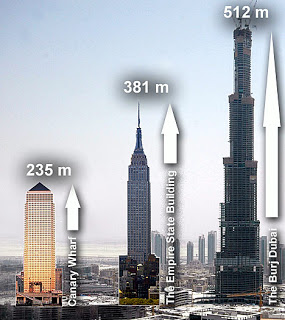What is the meaning of Comparison? Concept, Definition of Comparison
Definition, Concept and Meaning: Comparison
The word derives from the Latin compared Comparatio or comparationis, and is understood as the act of comparing, which is the analysis of two or more objects or situations to find them similarities or differences.So, if we were to compare two computers, we could look for differences in relation to its technical characteristics, its screen size, processor or design. But the comparison is not limited to the physical, so that if we compare two people, we could also talk about the way he or attitude.
If we dig a little further, we find that the comparison is a figure of speech which is also known as simile, which is widely used in the literature, with special emphasis on poetry. Generally, the comparison is used that metaphor, to be easier to understand and develop. From the time of Aristotle's simile was already used as a recurring figure in literature, to authors like William Shakespeare to modern authors. The simile can even be found in expressions of everyday language, as in "it's faster than a speeding bullet" or "is meek as a lamb." If one analyzes it is easy to see that the metaphor is one of the most used figures of speech.
In the study of grammar, is called comparison or grading at three different ways you can find adjectives, either positively (as in "This car is very fast"), on a comparative basis ("This car is much faster than the other car ") or superlative (" This car is without doubt the fastest of all ").
Within the comparison, we also encounter three types: the comparative superiority ("This record is better than the previous one"), equality ("This song is as good as the last") or inferiority ("His last production has a lower quality than the last ").
